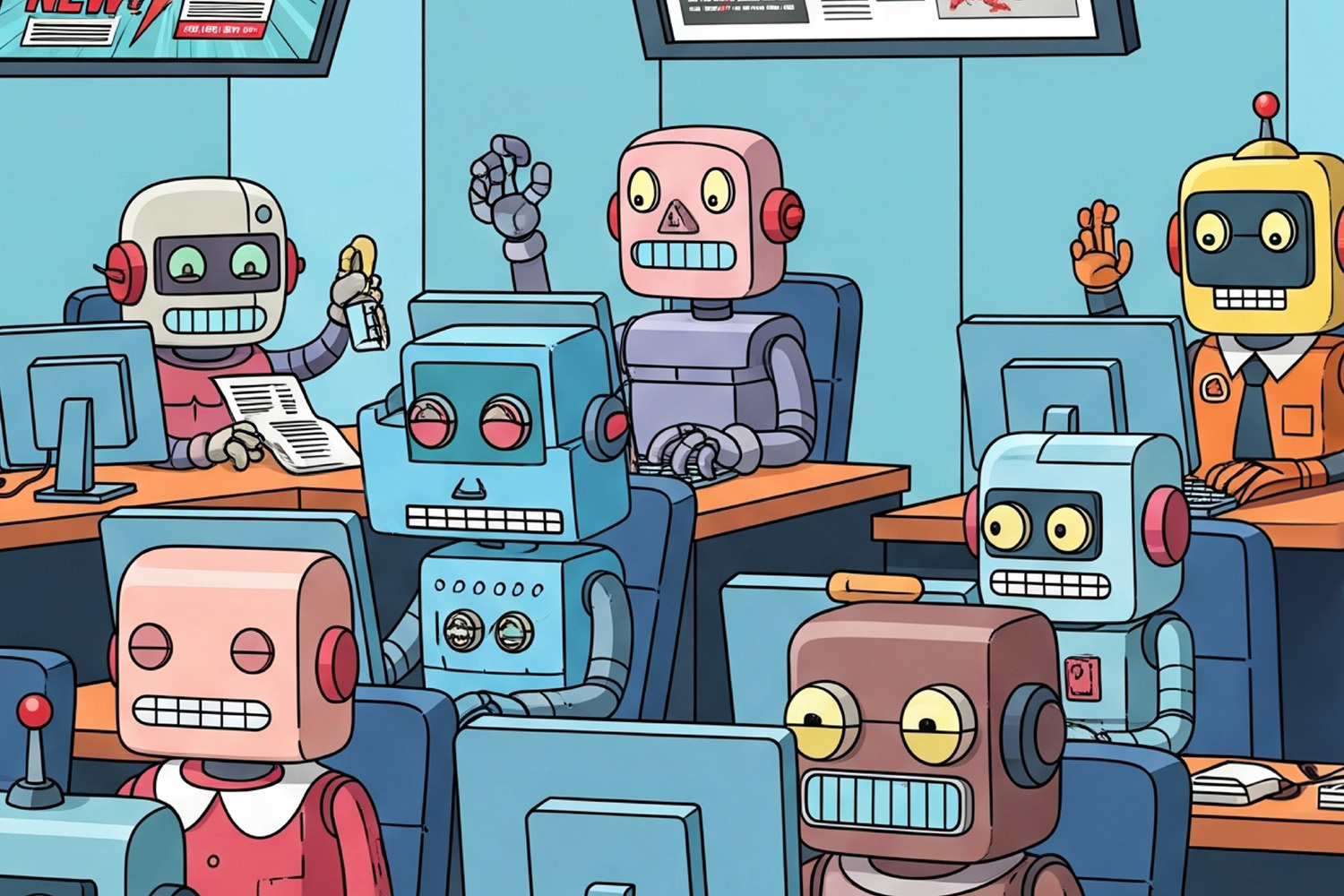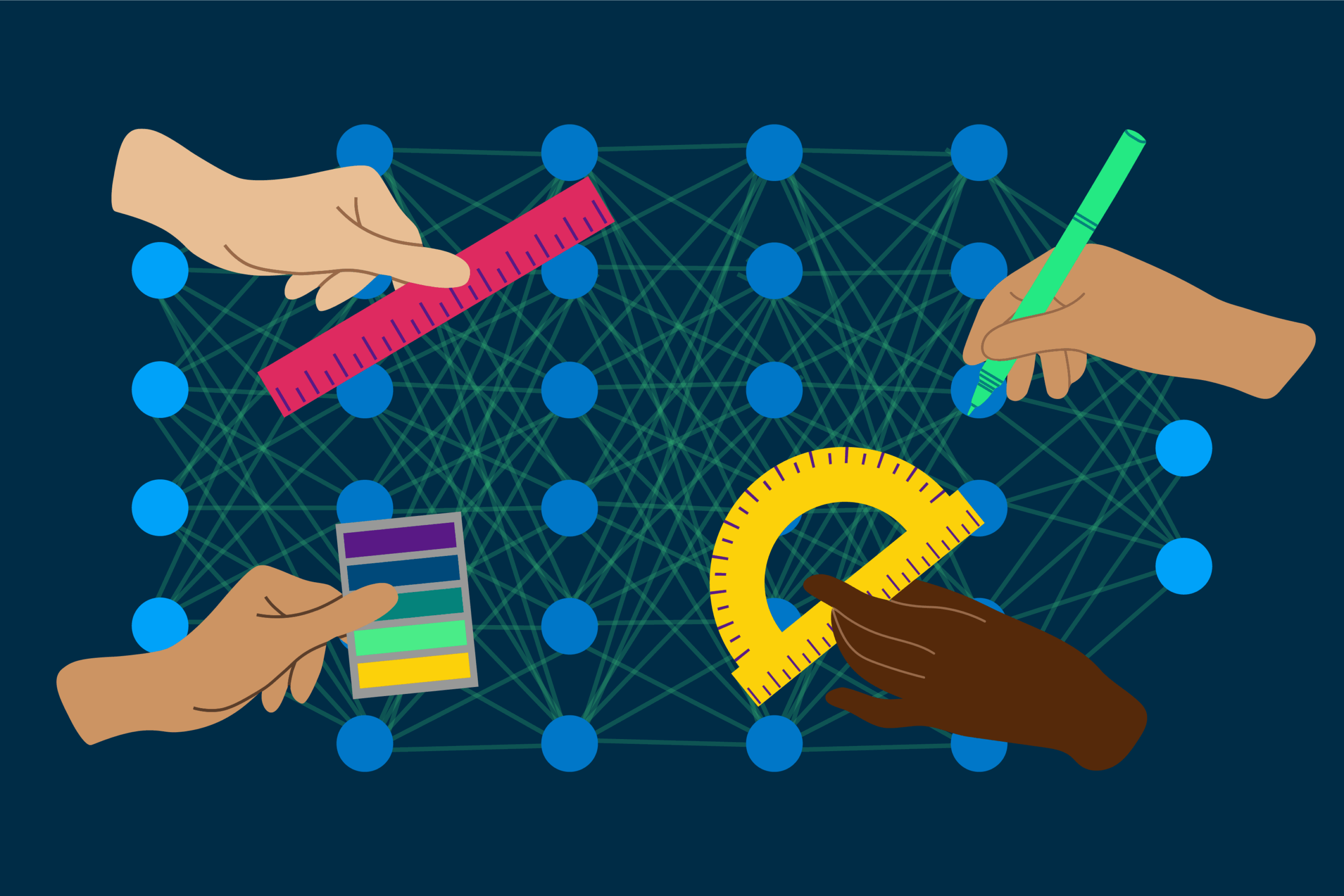See how we’re bringing clarity to complex issues across cybersecurity, empowered communities, responsible innovation, information integrity, and trusted news media.
AI’s Growing Role in News
AI’s role in news presents many risks, but it also represents an opportunity to fulfill the public service mission of journalism.
Intelligence in the Public Interest
Aspen Digital is leveraging public interest AI benchmarking as a new way to give communities a voice in AI research priorities.
Cyber Defense Assistance and Ukraine
Over the past three years, companies from the West have acted to provide cyber defense assistance to Ukraine. What are the lessons learned?
Second and Third Order Effects of A.I.
When imagining the effects of AI, we look ahead several decades, beyond first order impacts, to ensure these tools benefit all of humanity.
Strategic Reorientation on A.I. Competition with China
While the US and UK share some priorities and values, there are significant differences in their approaches to AI competition with China.
Responsible Data Practices for Product Equity
Building equitable products requires balancing a deep understanding of the people using them with responsible data practices.
Read our Recent Blog Posts
See all posts
Introducing the Cyber Civil Defense Emerging Leaders
The Cyber Civil Defense (CCD) Emerging Leaders are early-career cybersecurity experts committed to shaping effective, forward-looking policy.
Small Towns, Big Targets
Rural America is underserved, not behind. Cyber policies must address the resource gap driving vulnerability below the Cyber Poverty Line.









